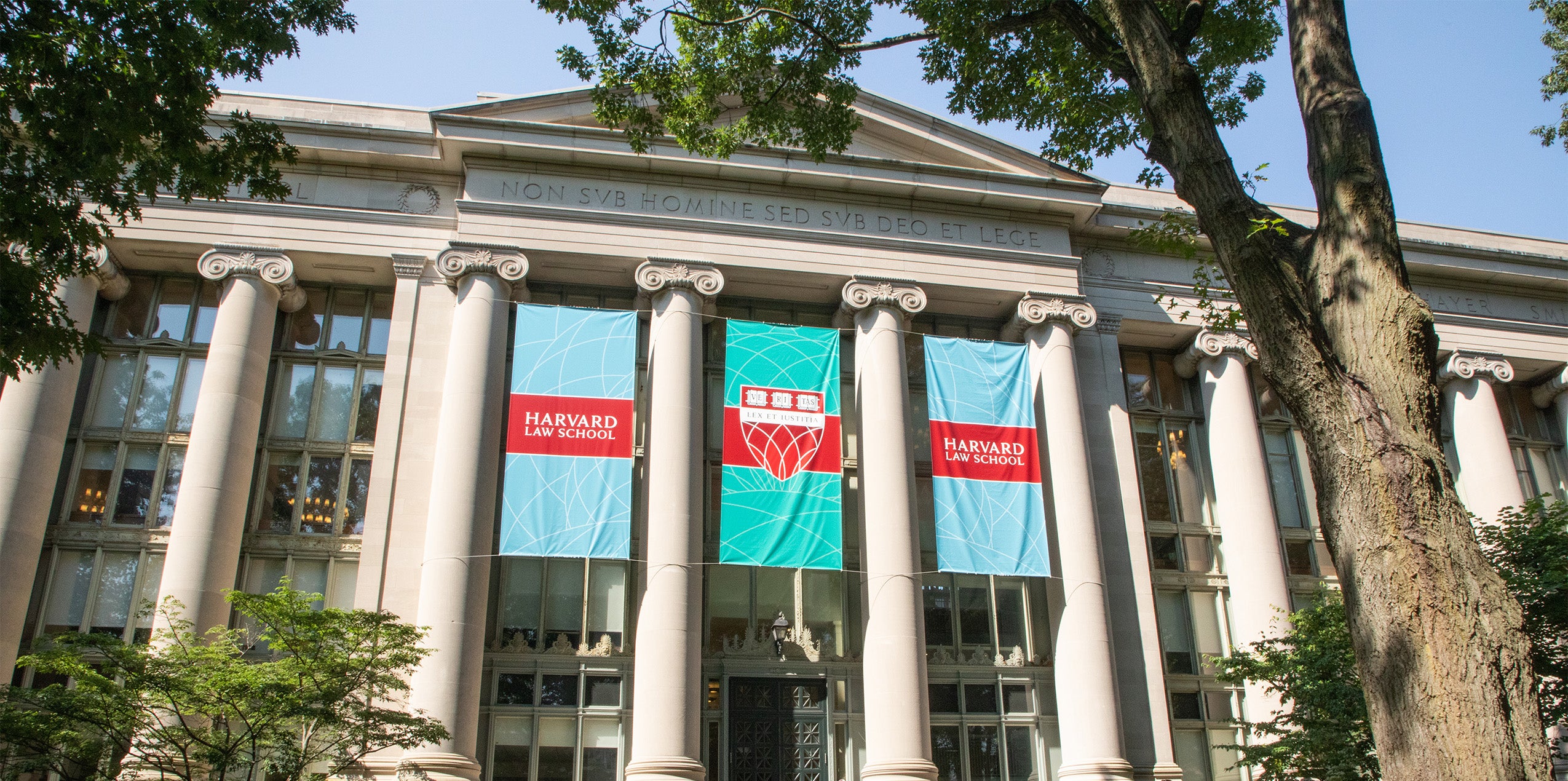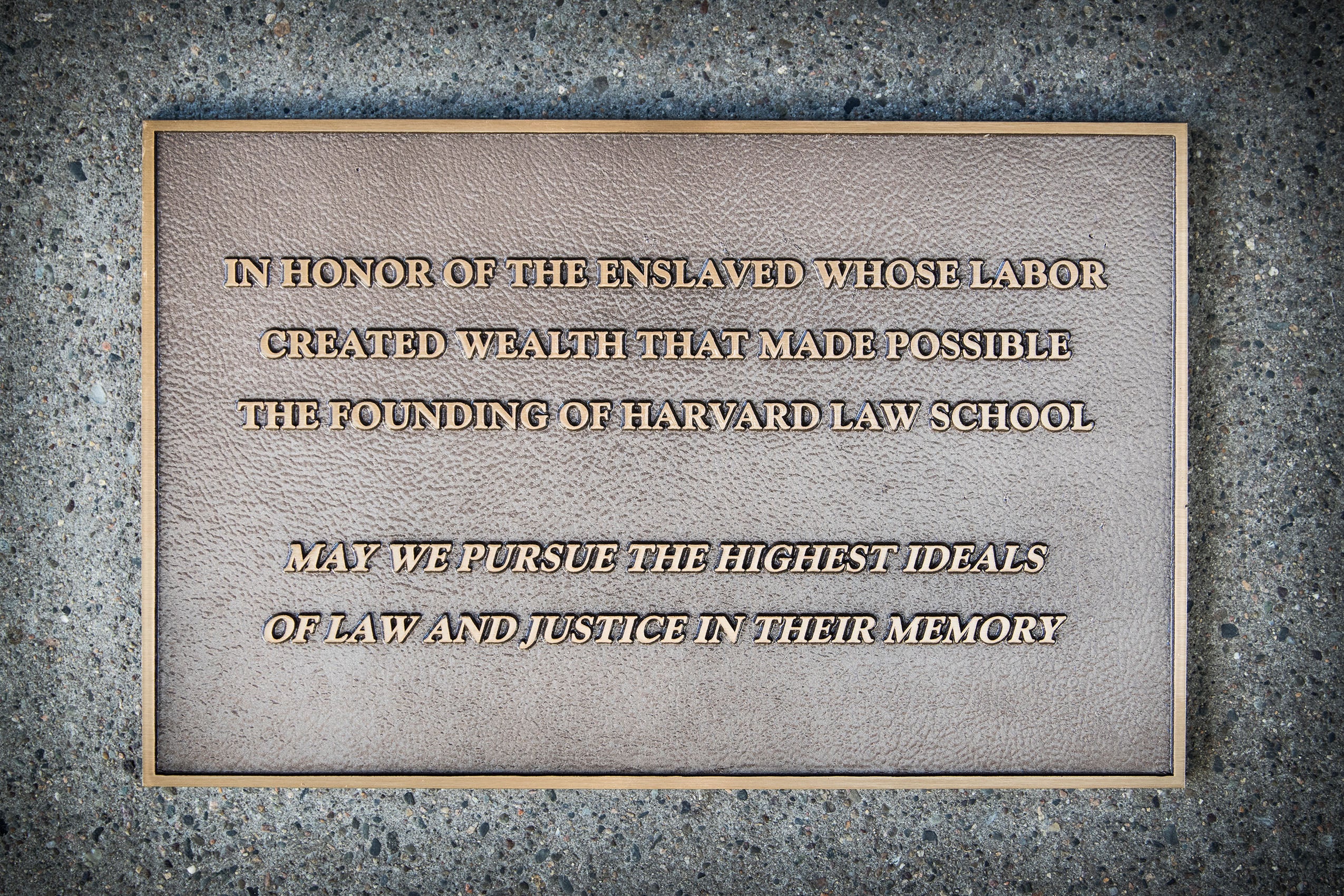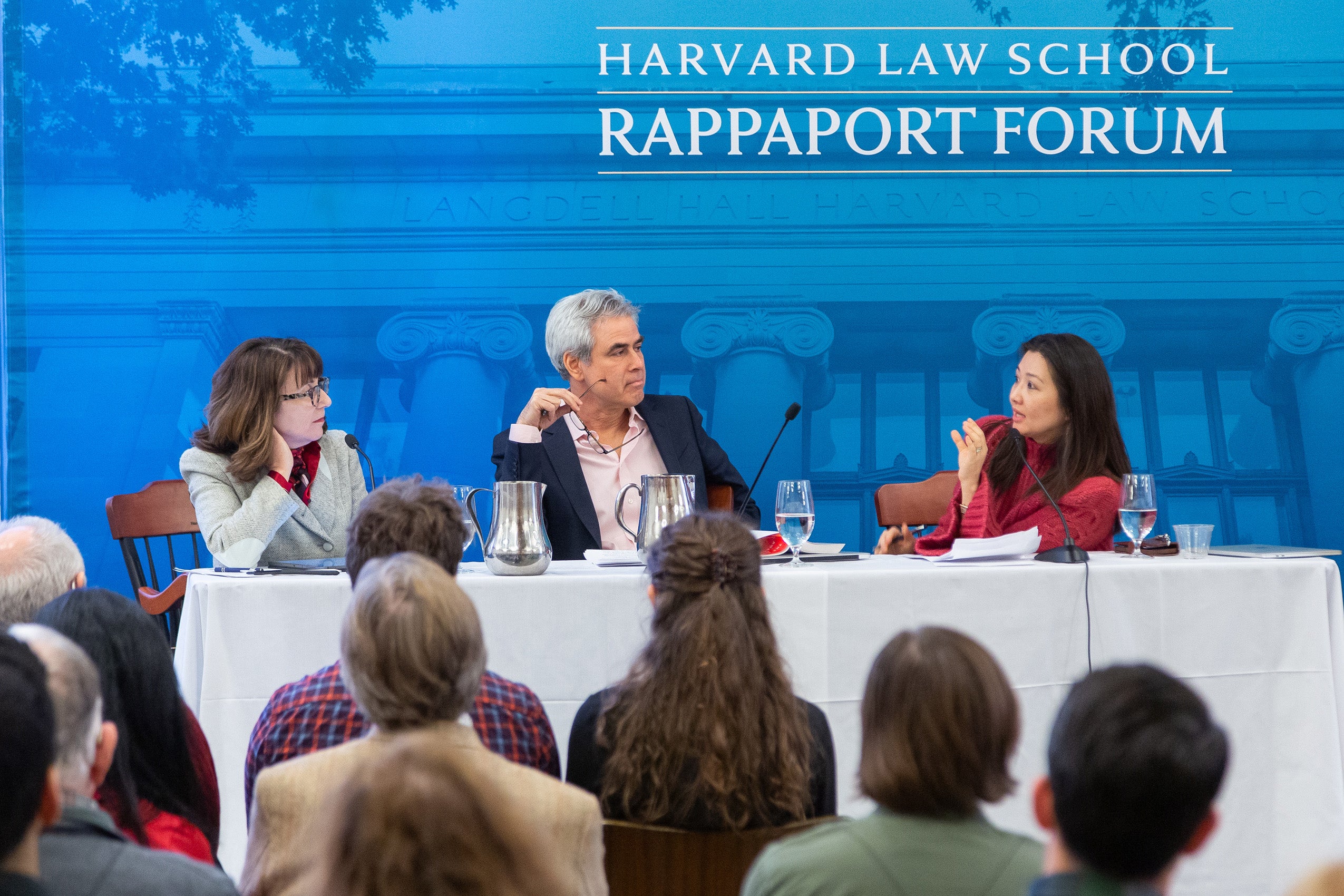People
Larry Bacow
-
Harvard and the Legacy of Slavery
April 28, 2022
A report issued by the Presidential Committee on Harvard and the Legacy of Slavery recounts the many ways Harvard University participated in, and profited from, slavery. Harvard leaders and scholars examine the report and its implications for the future.
-
Understanding the legacy of slavery
April 28, 2022
Following the release of a report by the Presidential Committee on Harvard and the Legacy of Slavery, Harvard Law Dean John F. Manning has announced initiatives to honor the enslaved people whose labor generated wealth that contributed to Harvard Law School’s founding.
-
Harvard University leaders, faculty and staff enslaved more than 70 individuals during the 17th and 18th centuries when slavery was legal in Massachusetts, according to a report chronicling the university’s deep ties to wealth generated from slave labor in the South and Caribbean — and its significant role in the nation’s long history of racial discrimination. ... The report was produced by a faculty committee convened by Harvard President Lawrence S. Bacow in 2019. Many who read the report will find it “disturbing and even shocking,” Bacow said in a statement. “Harvard benefited from and in some ways perpetuated practices that were profoundly immoral,” Bacow said. “Consequently, I believe we bear a moral responsibility to do what we can to address the persistent corrosive effects of those historical practices on individuals, on Harvard, and on our society.”
-
For nearly 400 years, Harvard’s most famous motto has been a single word, Veritas, or truth. In the spirit of that slogan, university officials said, Harvard on Tuesday published the first full accounting of the institution’s historical ties to slavery. In a sweeping report, the university also acknowledged its complicity in 19th-century “race science” and 20th-century racial discrimination, and announced the creation of a $100 million fund to address the legacies of slavery, including inequalities in educational outcomes, that persist to this day. “Harvard benefited from and in some ways perpetuated practices that were profoundly immoral,” Harvard president Lawrence Bacow wrote in a letter to the university community about the report. “Consequently, I believe we bear a moral responsibility to do what we can to address the persistent corrosive effects of those historical practices on individuals, on Harvard, and on our society.”
-
Dual message of slavery probe: Harvard’s ties inseparable from rise, and now University must act
April 27, 2022
A new report shows that Harvard’s ties to slavery were transformative in the University’s rise to global prominence, and included enslaved individuals on campus, funding from donors engaged in the slave trade, and intellectual leadership that obstructed efforts to achieve racial equality. The report of the Presidential Committee on Harvard and the Legacy of Slavery, released Tuesday, describes a history that began with a Colonial-era embrace of slavery that saw 79 people enslaved by Harvard presidents and other leaders, faculty, and staff. The report offers a series of recommendations — already accepted by Harvard President Larry Bacow — that amounts to a reckoning with the University’s history. A $100 million fund established by the Harvard Corporation to implement the recommendations includes resources for current use and to establish an endowment to sustain the work in perpetuity. ... “The committee thought that it was important to lay bare the difficult aspects of Harvard’s history, but also speak to the resistance that is very much a part of Harvard’s legacy,” [Tomiko] Brown-Nagin said. “I am aware that the history we trace in this report is deeply troubling. But it would be a great disservice to our community if the only message that we took away was one of shame. We must acknowledge the harm that Harvard has done. But it is also important that we do not — as has been done in the past — bury stories of Black resistance, excellence, and leadership. These women and men are also part of our history — also part of our legacy.”
-
How tightly should hateful speech be regulated on campus?
February 26, 2020
Two professors squared off Friday during the inaugural Harvard Law School Rappaport Forum in a session titled “When Is Speech Violence? And Other Questions About Campus Speech.”


